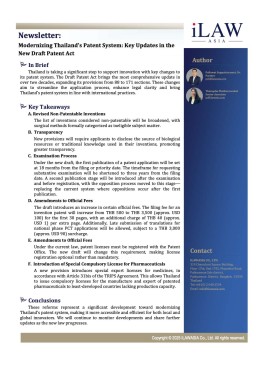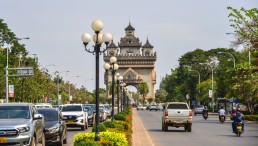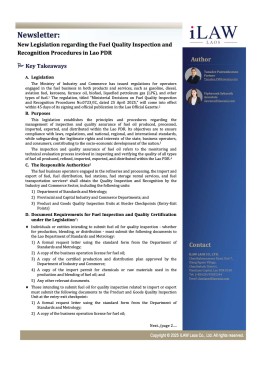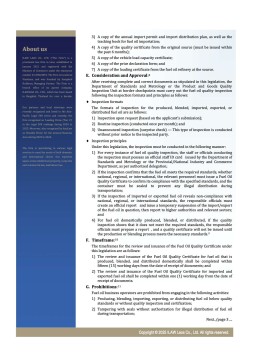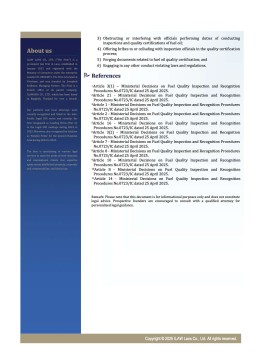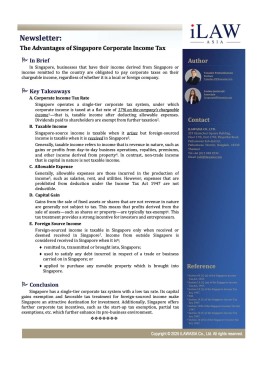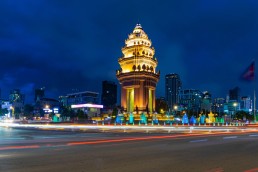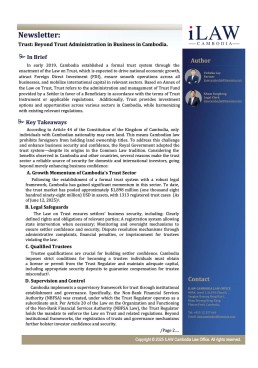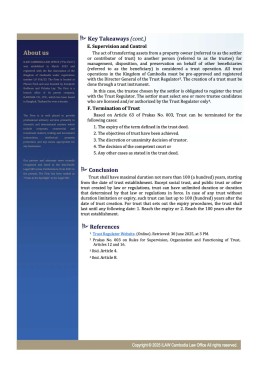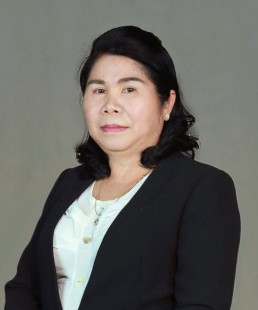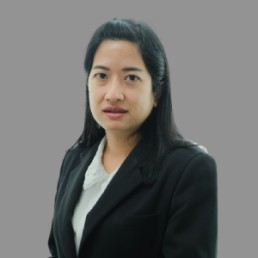ILAWASIA recognized in the Thailand Law Firms Awards 2025
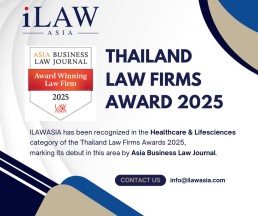
ILAWASIA has been recognized in the Thailand Law Firms Awards 2025 under the Healthcare & Life Sciences category, marking its first inclusion in this sector by Asia Business Law Journal
This marks the firm’s debut in this sector, highlighting its growing expertise and commitment to providing legal services tailored to the unique regulatory and operational challenges within the healthcare and life sciences industries. This achievement reflects ILAWASIA’s expanding capabilities and dedication to serving clients in highly specialized fields.
#ThailandLawFirmsAward2025 #ILAWASIA #AsiaBusinessLawJournal
ILAWASIA and Its Regional Offices Recognized in the AsiaIP Rankings 2025
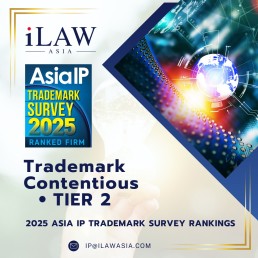
ILAWASIA and Its Regional Offices Recognized in the AsiaIP Rankings 2025.
🏆 Thailand – Ranked in Copyright, Trademarks & Patents
🏆 Cambodia – Tier 2 in Patents & Trademarks
🏆 Laos – Tier 2 in Patents
We are grateful for the continued trust of our clients and the dedication of our incredible team! 💡
#ILAWASIA #AsiaIP #AsiaIPProfiles2025
Finalist into Regional IP Law Firm of the Year at the ALB SE Asia Law Awards 2025
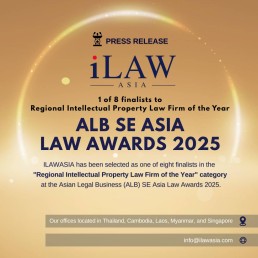
ILAWASIA has been selected as one of the finalists in the “Regional Intellectual Property Law Firm of the Year” category at the Asian Legal Business (ALB) SE Asia Law Awards 2025 — marking our second consecutive year of recognition since 2024.
With offices across Thailand, Cambodia, Laos, Myanmar, and Singapore, ILAWASIA continues to strengthen its regional presence and deliver exceptional intellectual property services tailored to clients across Southeast Asia. This recognition is a testament to our team’s dedication, cross-border capabilities, and client-focused approach in navigating complex IP landscapes.
We thank our clients and partners for their trust and support, and we look forward to the awards ceremony in 2025 as we celebrate this exciting milestone in our firm’s journey.
#ALB #ALBSEAsiaAwards #ALBSEAsiaAwards2025
Asia IP Trademark Survey Rankings 2025
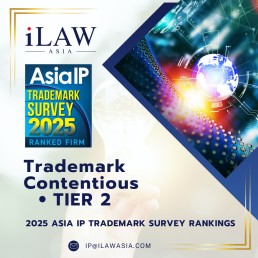
ILAWASIA has been ranked Tier 2 in Trademark Contentious in the 2025 Asia IP Trademark Survey Rankings — a recognition of our dedication to delivering outstanding legal protection for brands throughout Asia.
ILAWASIA ranked in the 2025 Benchmark Litigation.

ILAWASIA is honored to share our latest recognitions in the 2025 Benchmark Litigation.
We extend our heartfelt congratulations to our Managing Partner, who has been named a Litigation Star for the second consecutive year, and to our Senior Associate for being recognized as a Future Star in 2025.
In addition, ILAWASIA has been ranked in the following practice areas:
▪ Commercial and Transactions – Tier 3
▪ Intellectual Property – Notable Firm
▪ Trade and Customs – Notable Firm
▪ Government and Regulatory – Notable Firm
These recognitions reflect our team’s unwavering commitment to legal excellence and the trust our clients place in us across the region.
ILAWASIA recognized in the ALB 2025 IP Rankings
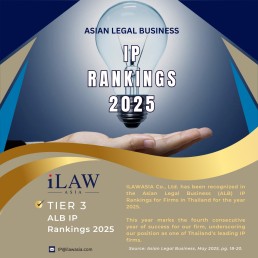
ILAWASIA has once again been recognized in the Asian Legal Business (ALB) 2025 IP Rankings for firms in Thailand!
This marks our fourth consecutive year on the list—an achievement that reflects our continued commitment to excellence and our standing as one of Thailand’s leading IP law firms.
Thank you to our clients, partners, and team members for your trust and support.
#ILAWASIA #ALBRankings

